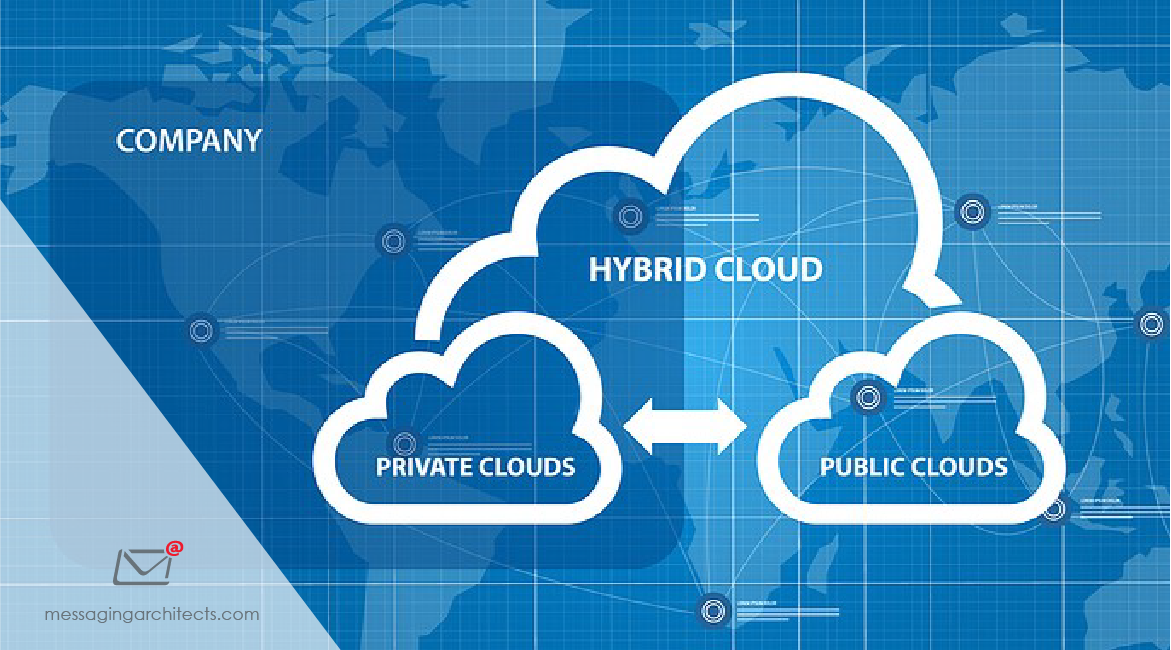Your Business Checklist for SOX 404 Compliance: A Guide for Information Technology Leaders
The Sarbanes-Oxley Act (SOX) of 2002 applies to all publicly traded companies and mandates strict controls around financial data. Section 404 of SOX can prove particularly complex, and in today’s digital landscape, addressing these requirements necessitates substantial IT involvement. This business checklist for SOX 404 compliance will help ease the process. SOX requires that companies establish internal controls over financial reporting (ICFR). However, it stops short of outlining specific practices. Thus, several frameworks have emerged over time to help companies organize their compliance efforts. These frameworks tend to include several key elements of particular importance to IT efforts: Risk assessment


















